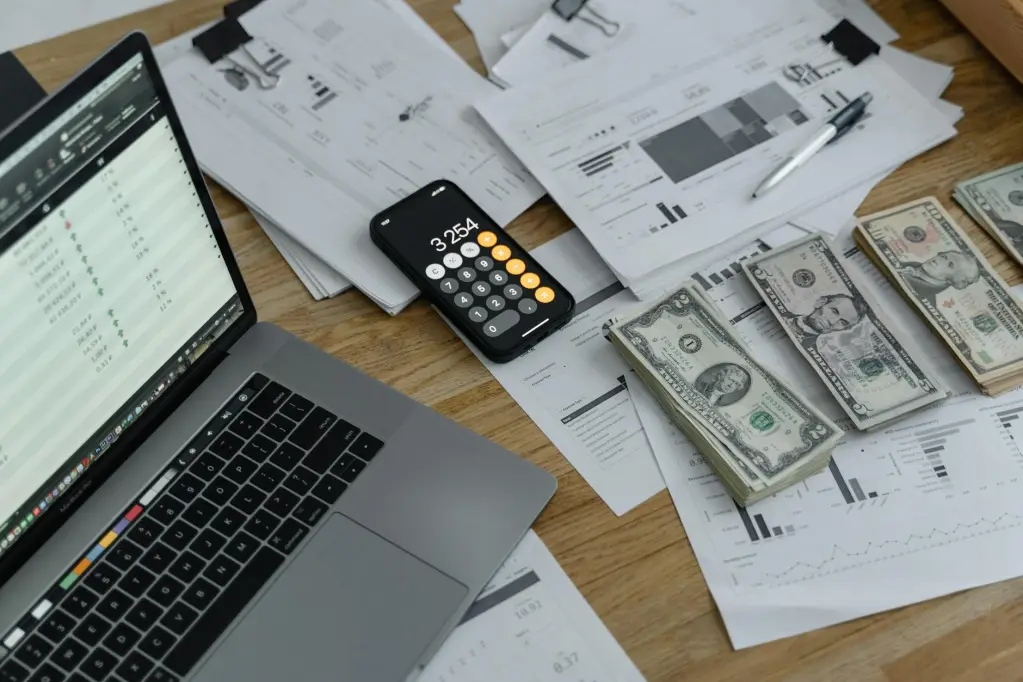Understanding IRS Bank Levies: What You Need to Know When the IRS Comes for Your Bank Account

Look, nobody wants to open their bank account one day and find out their money's been frozen. But if you owe the IRS and haven't dealt with it, that's exactly what can happen through something called a bank levy. Let me walk you through what this really means and what you can do about it.
So what exactly is an IRS bank levy? Well, it's basically the government's way of reaching right into your bank account and taking money you owe them in taxes. Now, before you panic, understand that this doesn't just happen overnight. The IRS has to jump through several hoops before they can actually seize your funds. It's typically their last resort when everything else has failed to get you to pay up.
Here's how the whole process works. First off, the IRS figures out that you owe them money. They assess your tax debt and send you a bill. Pretty straightforward, right? At this point, you're supposed to pay what you owe. But let's say you don't pay it, either because you can't afford it or you're just ignoring it. That's when things start escalating.
After you've ignored or refused to pay, the IRS doesn't immediately go after your bank account. They have to send you what's called a Final Notice of Intent to Levy. This is serious stuff, and they have to send it at least thirty days before they actually levy your account. This notice isn't just a warning, though. It also tells you about your right to request something called a Collection Due Process hearing with the IRS Office of Appeals. This is actually a really important opportunity that a lot of people miss.
The IRS might also send you another notice letting you know they're planning to contact third parties about your tax debt. Third parties? Yeah, that means your bank. So they're basically saying, "Hey, we're about to reach out to your bank to collect this money."
Now, let's talk about what actually happens when your bank gets hit with that levy notice. The moment your bank receives it, they're legally required to act. They immediately freeze whatever funds are in your account up to the amount the IRS is demanding. And here's the thing – your bank doesn't have a choice in this matter. They have to comply with federal law.
Once those funds are frozen, there's a twenty-one day holding period. This isn't just arbitrary – it's actually designed to give you a window of opportunity to work things out with the IRS. During these three weeks, that money's just sitting there in limbo. It's still technically in your account, but you can't touch it. If you can resolve the issue with the IRS during this time, great. The levy gets released and you get access to your money again.
But if those twenty-one days pass and nothing's been resolved? Your bank has to send that frozen money directly to the IRS to pay down your tax debt. Just like that, the money's gone from your account and applied to what you owe.
One thing that surprises a lot of people is that a bank levy is typically a one-time seizure. It grabs whatever's in your account at the exact moment the levy hits. So if you had fifteen hundred dollars in there that morning, that's what gets frozen. Money that comes into your account after the levy doesn't automatically get seized. However, and this is important, the IRS can absolutely issue another levy if that first one didn't cover your full debt. They can keep coming back until you've paid everything you owe.
So what can you do if you're facing a bank levy or already dealing with one? Well, there are actually several options. You could pay the debt in full if you're able to, which immediately solves the problem. If you can't pay it all at once, you might be able to set up an installment agreement with the IRS to pay over time. In some cases, you might even qualify for what's called an Offer in Compromise, where the IRS agrees to settle your debt for less than the full amount.
You could also request that Currently Not Collectible status if you're truly experiencing financial hardship. This basically tells the IRS, "I literally cannot pay this right now without creating serious problems," and they'll temporarily back off.
The key thing to remember is that you don't have to figure all this out on your own. Working with a Tax Attorney or Tax Lawyer who specializes in IRS collections can make a huge difference. These professionals know exactly how to navigate the system, protect your rights, and negotiate with the IRS on your behalf.
The bottom line is this: an IRS bank levy is serious, but it's not the end of the world. If you're getting those notices from the IRS, don't just throw them in a drawer and hope they go away. Take action during that thirty-day window before the levy hits, or even during that twenty-one day holding period. The earlier you address the situation, the more options you have to resolve it without losing access to your hard-earned money.
For professional assistance with IRS matters, contact:
MARGOLIES LAW OFFICE
7920 Belt Line Rd #650Dallas, TX 75254Website: https://www.dallastaxattorney.com/

.webp)


%20-%20Copy.jpg)